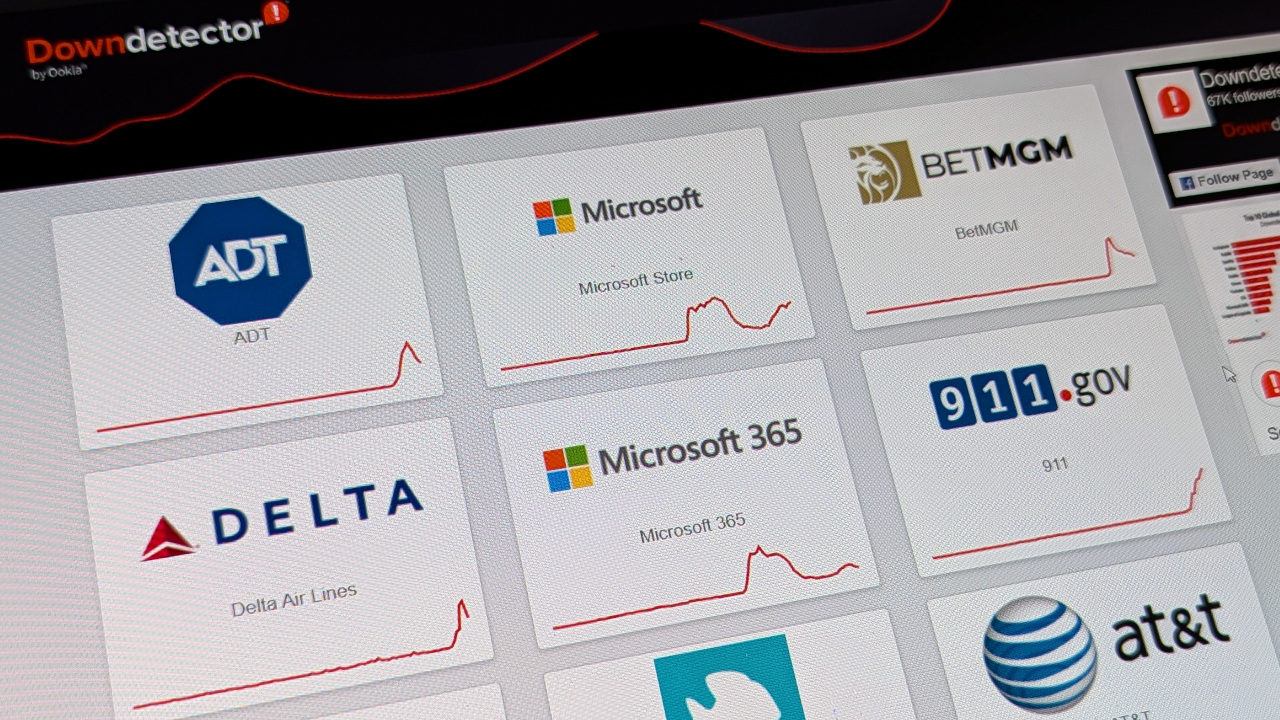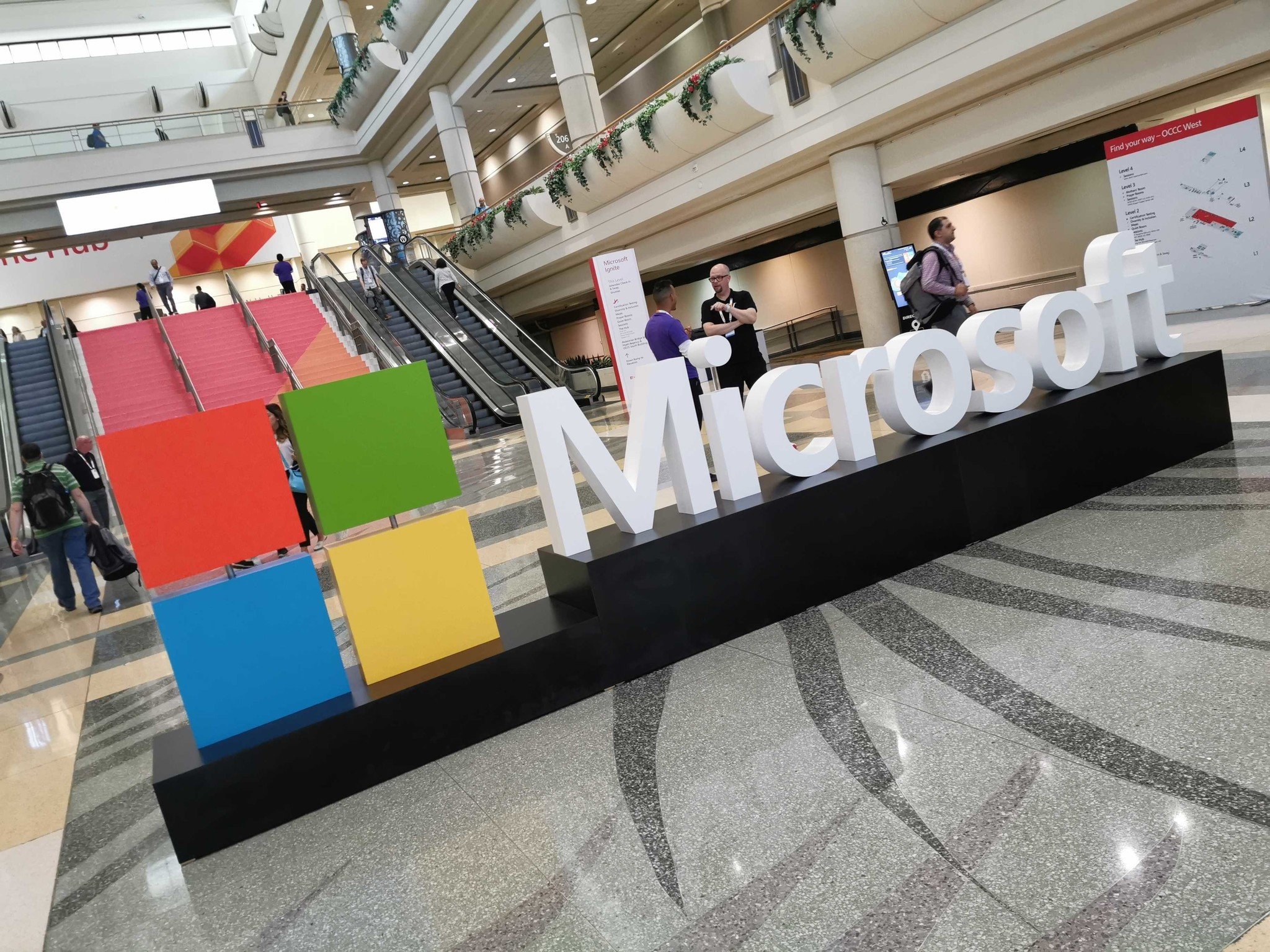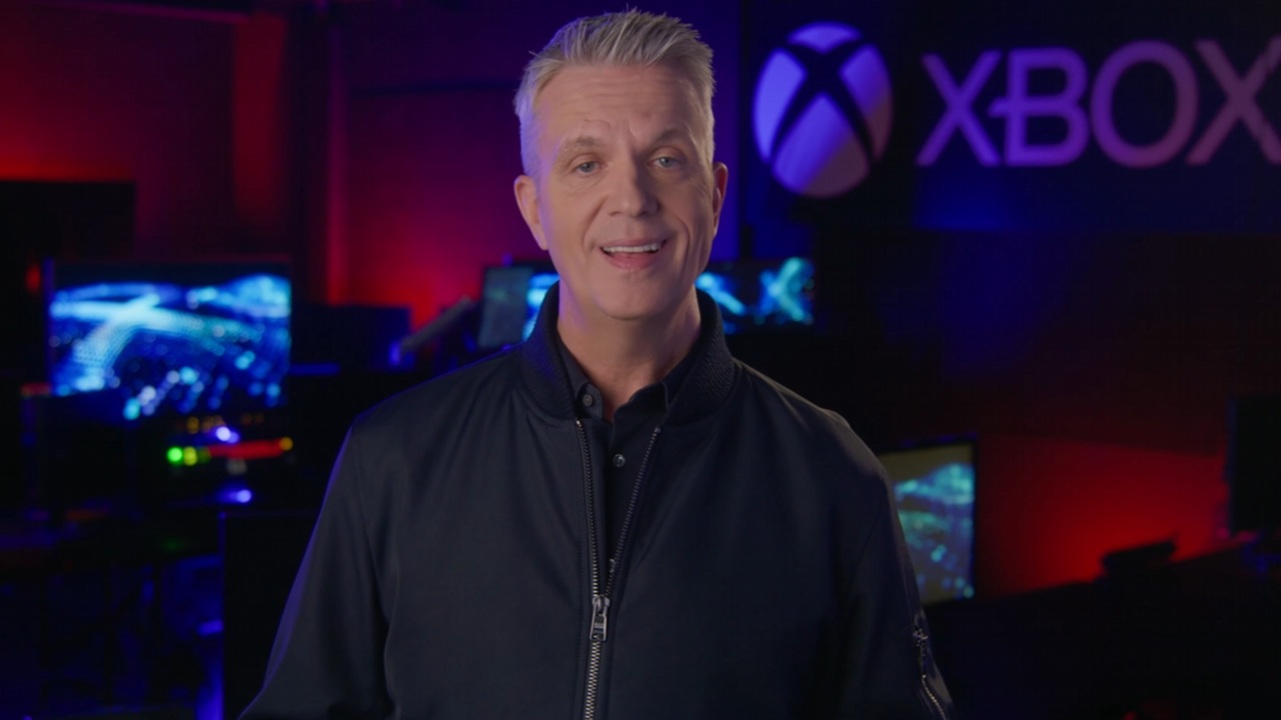As the world suffers a global IT apocalypse, what's more worrying is how easy it is for this to happen
Nefarious actors might not be to blame this time, but it should serve as a warning to us all how fragile our technology is.
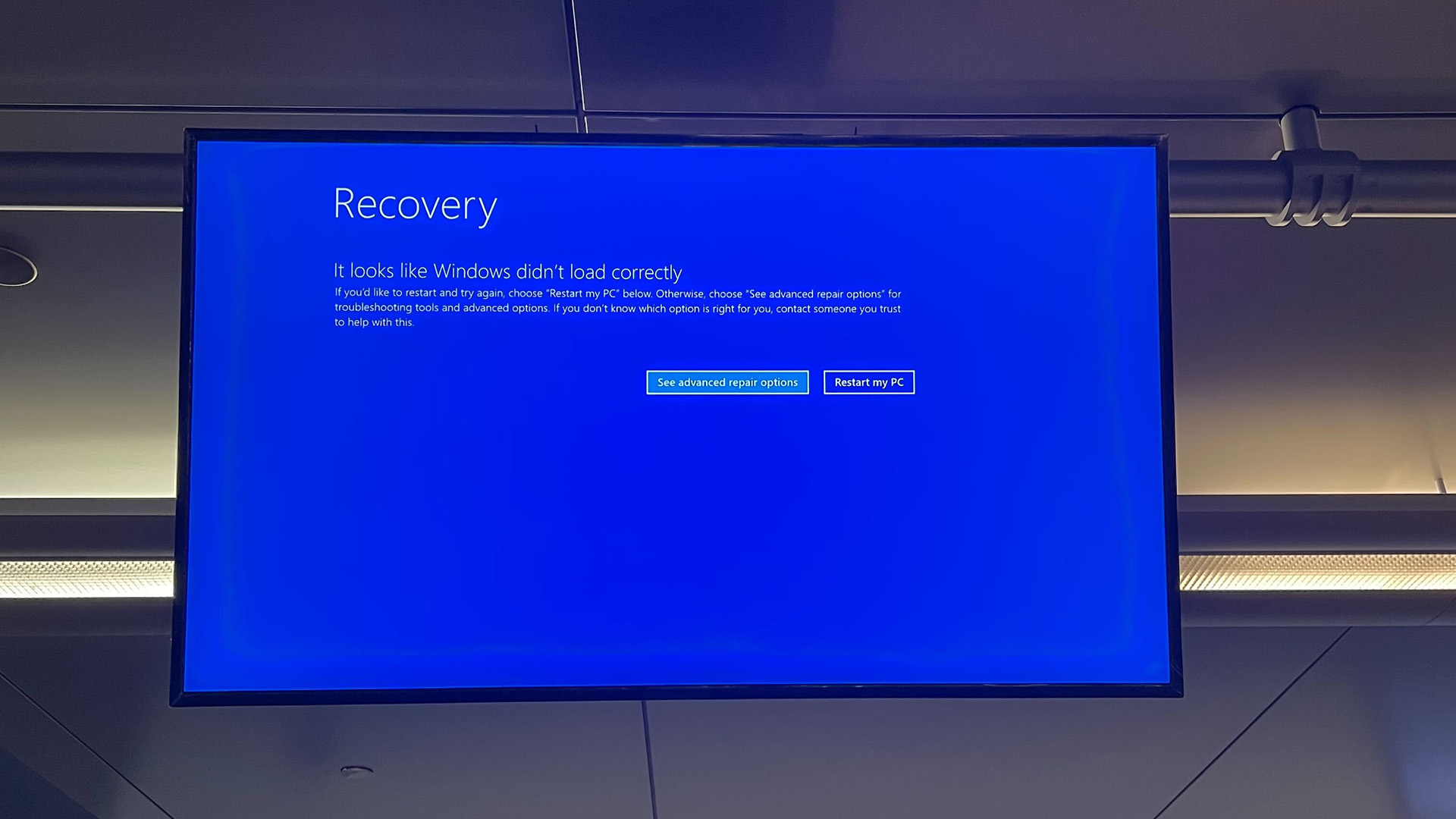
What a day it's been, and it's barely lunchtime in the UK as I write this. Huge, important parts of the world's IT have been taken down, seemingly by a bad update to security software, Crowdstrike. Naturally, as all these systems are running Windows, Microsoft has been thrust into the limelight, too.
The lead image I've used here was taken by the VP of Marketing and Growth at Future PLC, the parent company of Windows Central. It's from JFK airport in New York City, and you don't have to look very far to find similar photos filling up social media.
It's an unprecedented situation around the globe, with banks, healthcare, airlines, TV stations, all affected by it. While Crowdstrike has confirmed this isn't the result of any type of hack, it's still incredibly alarming. One piece of software has crippled large parts of industry all across the planet. That's what worries me.
July 19, 1:30 PM ET: We have a how-to article on fixing BSOD errors on Windows 11 due to the CrowdStrike issue.
July 19, 9:38 AM ET: CrowdStrike's engineers claim to have fixed a faulty kernel driver responsible for the outages but say it will be "some time" before worldwide services return to normal. While some infrastructures recovered, thousands of flights were still canceled, and public transport remains disrupted in some areas.
Too much is reliant on the same software, which makes an easy target
This time we're 'lucky' in the sense it wasn't some bad actors causing deliberate chaos. Next time we might not be. Remember the 'Wannacry' attack of 2017 that crippled the UK's National Health Service (NHS) by attacking older versions of Windows? Have we been lucky that nothing of this scale has happened since?
We, of course, get outages, for example, if Microsoft Azure has an issue, services all over the place will go down because they rely on Microsoft's cloud infrastructure. If Cloudflare goes down, so does half the internet. And then we have today, where it seems a bad update to security software has taken TV channels off the air and grounded flights.
This stuff is all too easy. Bad actors can target a single source and cripple millions of computers, many of which are essential. Once again, the NHS here in the UK is affected, with GP surgeries unable to function across the country. It points to a problem of our own making.
We've given the keys to the planet to too few keyholders
If Xbox goes down, that's an inconvenience. If my healthcare services can't function, that's a crisis. Airlines unable to safely get planes on and off the ground? Crisis. Healthcare and transportation are but two essential services to keep the world moving. Today, they're not doing that.
All the latest news, reviews, and guides for Windows and Xbox diehards.
To a lesser extent, it mirrors a phrase I often use both in and out of work: "The world made a mistake making Google the arbiter of the internet." Our work here is a constant cat and mouse game with Google's algorithms, which can make or break our entire business with one update.
That pales in comparison to what's happening today, but I feel like it's a good analogy. Google, Microsoft, Amazon, Cloudflare, in this case, Crowdstrike, all have too much power. Something like this outage puts that front and center, and honestly, it terrifies me.
It terrifies me that too few massive companies essentially hold the keys to the planet. The entire world relies on the internet and connected services to function now, and this should be a wake-up call. Big businesses will always want more share, more control, more money, but what are we actually doing here? We're leaving ourselves open to a whole lot of pain.
What's the solution? I have no idea. At this point, I don't even think there could be one. These companies and their services are all too big to start making serious changes. It's not like the NHS will suddenly scrap Windows and build their own operating system, is it? Convenience is king, and it can also be our undoing.
I guess all we can do is pray that these companies start taking better care, and that someone with bad intentions doesn't see how simple it would be to completely cripple the planet. Now I need another coffee.
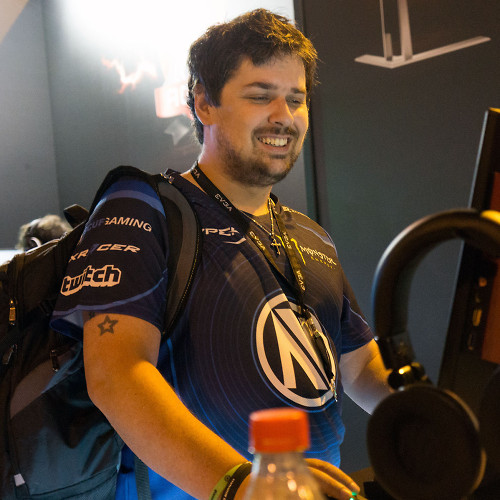
Richard Devine is a Managing Editor at Windows Central with over a decade of experience. A former Project Manager and long-term tech addict, he joined Mobile Nations in 2011 and has been found on Android Central and iMore as well as Windows Central. Currently, you'll find him steering the site's coverage of all manner of PC hardware and reviews. Find him on Mastodon at mstdn.social/@richdevine
